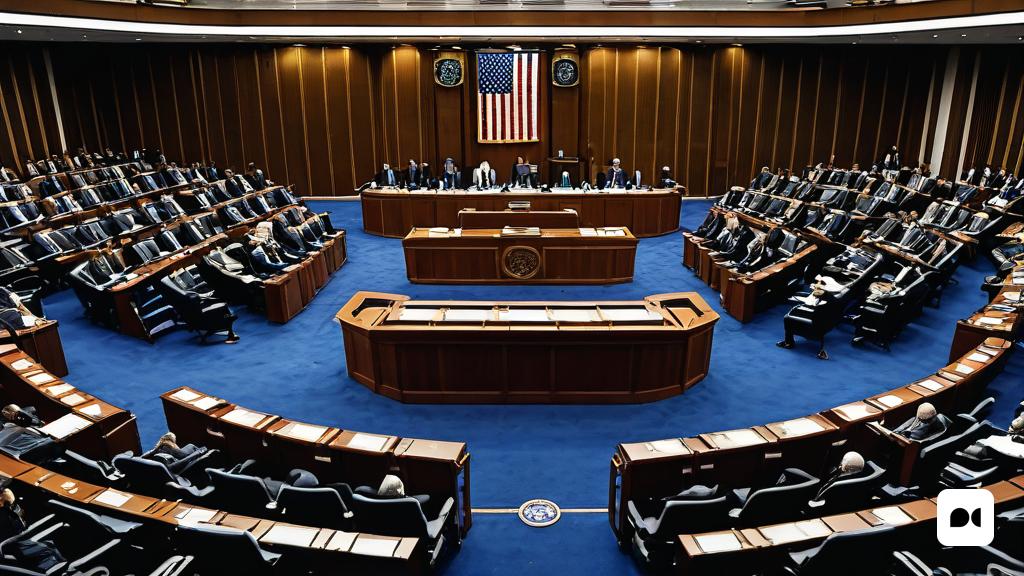The approval of sanctions to the International Criminal Court by the United States
The US House of Representatives has given the green light to impose sanctions on the International Criminal Court (ICC) after its prosecutor requested arrest warrants against Israeli officials, including Prime Minister Benjamin Netanyahu. This bill, presented by pro-Israel Republicans and with moderate Democratic support, seeks to block the entry into the United States of the CPI officials involved in the case. For these sanctions to become effective, Senate approval is required, which represents a crucial next step.
Support and opposition to sanctions
The bill has garnered a majority of Republican support, also backed by some pro-Israel Democrats. However, the White House, despite its support for the Israeli government, openly opposes these sanctions, which could make their passage in the Senate difficult. Despite this, some Democrats have been in favor of sanctioning the ICC, although not in the same way as Republicans.
Challenges in the Senate
The next step for this bill is in the Senate, where the Republican proposal is expected to face greater obstacles. Democratic opposition in the Senate will be crucial, and the fact that the lower house has not mobilized a large number of Democrats limits the options in the Senate.
Opinions and context
Joe Biden’s administration, despite its support for the Israeli government, opposes sanctions on the ICC, adding an element of complexity to the situation. The passage of this bill comes shortly after Netanyahu was invited by US lawmakers to deliver a speech in Congress, underscoring the unusual confrontation between the ICC and a US ally. Republicans believe that the Court could represent a threat to American sovereignty, which has generated intense debate on the issue.

